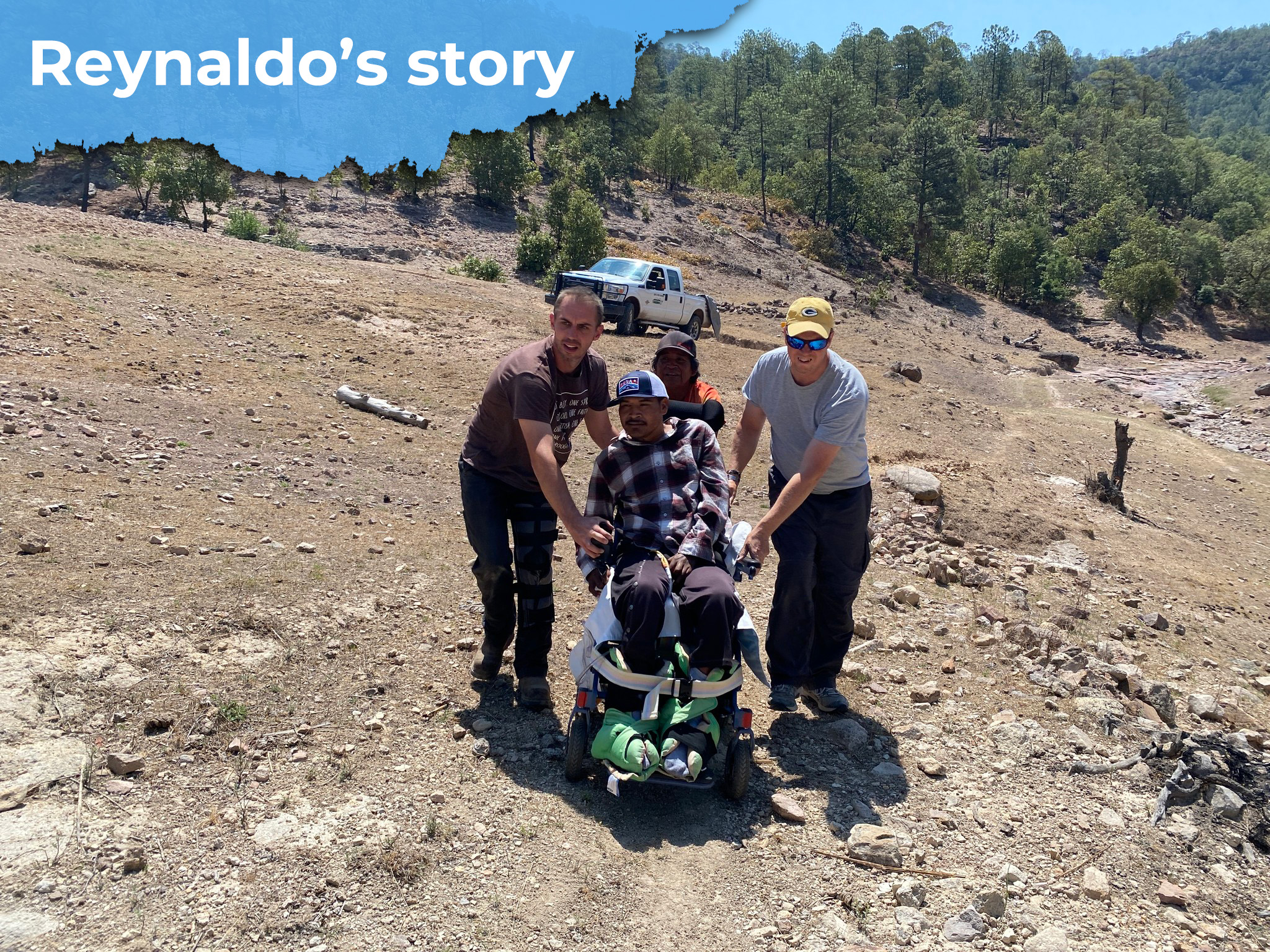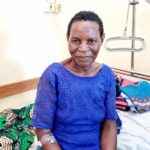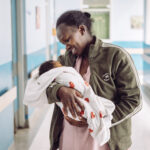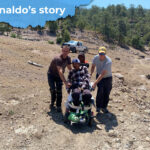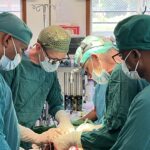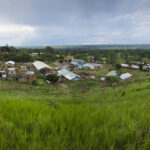Reynaldo often talks about home.
During his three-year stay at CHSC-supported Hospital Mision Tarahumara in rural northern Mexico, he’s openly recounted memories of farming in his small village, or working with his family’s horse.
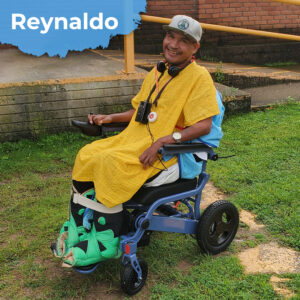
But Reynaldo and hospital staff were uncertain when, if ever, he could return to his village. When he was 30 years old, Reynaldo fell off a moving train and suffered a spinal cord injury around his neck, leaving him virtually paralyzed in every limb. He was treated in a Mexican city but then sent back to his remote village with little hope of recovery.
In such a rural and harsh environment, the Tarahumara people often have no resources to properly care for such a debilitating injury. Reynaldo had little chance of recovery without the help
of Hospital Mision Tarahumara – about a two hour drive from his village.
“When he came to us, he was completely unable to move and had serve and infected bed sores,” Walter Madalinski, a CHSC Clinical Nurse Specialist and engineer, said. “He was actually on his deathbed.”
The bedsores took around a year to fully heal. During that first year, hospital staff gave Reynaldo assistive devices for his hands and encouraged him to try rudimentary movements like lifting his arms.
Although fine motor skills were out of the question for Reynaldo, with some encouragement, he started to feed himself with a spoon. The next step was to help him move from place to place with an electric wheelchair, provided by Samaritan’s Purse.
“As soon as he got his first electric wheelchair, he was spending all day outside driving around, wearing a trail [in the ground]. He had trails worn out around the entire campus,” Walter said. “Unfortunately, his chair wasn’t really made for offroad, so he got stuck a lot and the chair was always breaking.”
Reynaldo showed so much interest and enjoyment in being outside that the hospital team began thinking of taking him back home for a visit. They fundraised for a new, lightweight and rugged magnesium-frame electric wheelchair, so Reynaldo could better navigate the rocky landscape.
The perfect opportunity for Reynaldo’s first homecoming arose when a planned dental clinic outreach would bring them close to his village. His new, lighter wheelchair enabled the outreach team to bring him along for the drive.
The journey alone filled Reynaldo with joy and conjured up old memories.
“He was getting really excited as he got closer and closer to home,” Walter said. “He was excitedly pointing out landmarks and telling stories about the landmarks that he’d seen… We already started running into extended family members and friends before we arrived at his village. He got to rekindle relationships with people that he hadn’t gotten to speak with in years. And then we were able to let him have about an hour and a half with his family at their home.”
It isn’t clear yet whether Reynaldo will ever return to living in his old village. His condition requires consistent attention that his family is unable to provide as they make a scarce living on the land. Walter said hospital staff might be caring for Reynaldo for years to come, but his new wheelchair would enable him to take more visits and be more active around the hospital.
Long-term patients with physical disabilities are rare at Hospital Mision Tarahumara, but the team there is seeking help from a physical/occupational therapist or someone who could provide Reynaldo with a through neurological evaluation and appropriate PT/OT. They hope outside assistance could help Reynaldo achieve his fullest potential.
